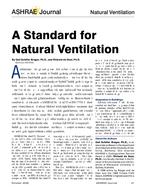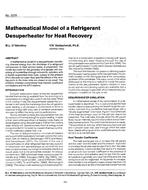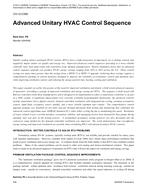An exterior wall must address a number of performance requirements in order to achieve its function of separating the controlled indoor environment from the uncontrolled outdoor environment. These requirements range from structural and fire performance, through building science (heat, air, and moisture control), to durability, economics, and aesthetics. Architectural precast concrete sandwich panels offer the opportunity to provide all performance requirements within one assembly. The complete wall can be constructed by one manufacturer, it can be fabricated in a controlled environment, and the building can be closed in quickly. In order to provide effective performance, the design of architectural precast sandwich panel systems must incorporate building science principles. It is relatively easy to provide the requirements in the field of the panel because concrete can handle many of the requirements on its own (e.g., fire resistance, air permeance, structural sufficiency). However, the requirements at the joints between the panels and junctions with other components must be addressed. This paper presents building science details for architectural precast concrete sandwich panels and analyzes the details to illustrate the principles involved.
Authors: William C. Brown, P.Eng.; David L. Scott; David G.J. Dechamplain, P.Eng.
Citation: Thermal Performance of the Exterior Envelopes of Buildings VIII
Keywords: December, Florida, 2001
Citation: Thermal Performance of the Exterior Envelopes of Whole Buildings VIII
Product Details
- Published:
- 2001
- File Size:
- 1 file , 490 KB
- Product Code(s):
- D-7992


